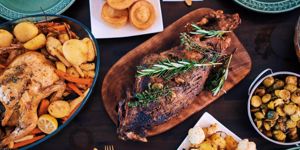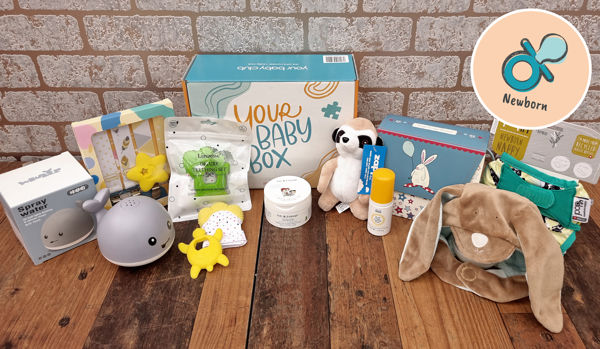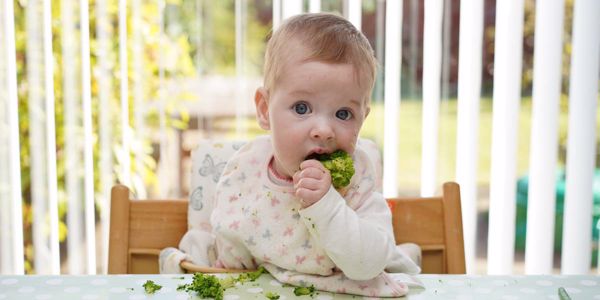Roast dinners are the highlight of Winter – am I right or am I right? As the cold weather comes and brings with it the long, dark nights, there’s little better than cosying up with a home-cooked roast dinner. If you’re weaning your baby, this can be a little nerve-wracking, but here are my top tips to make roast dinners weaning friendly, so all of the family can enjoy the meal together stress-free!
Don’t overload the plate
I had to put this tip first as this is probably the thing that I’m worst at – especially when it comes to yummy roast dinners! A big plate of food might look mouth-watering to us adults, but to young babies in the midst of weaning, it can look scary and overwhelming. When you’ve only ever had milk, a Yorkshire pudding, roast chicken and all the trimmings is a LOT of new and unusual sights, smells, tastes and textures. Minimise overwhelm by keeping portion size small and not overcrowding the plate. Remember that a baby’s portion size is much smaller than you think – a good rule of thumb is to offer the size of baby’s hand of each ingredient.
Cook food until soft
Some people like a little crunch in their vegetables, but a good way to make roast dinners weaning friendly is to simply cook the vegetables until they are nice and soft. Remember, your baby might not have teeth yet, so you want the food to be easily gnawed on by their gums, with no risk of them biting off a hard chunk of food, which could pose a choking risk. A good test to see if the food is soft enough is to try and squish it between your thumb and middle finger – it should be easily crushed.
Cut into strips
If you’re taking a baby-led approach to weaning and exploring finger food, a great way to serve a roast dinner so that it is weaning friendly is to cut the food into strips. For food like carrots or parsnips, quartering them lengthways would be ideal. Roast meat – slice thinly then cut into strips. Even Yorkshire puddings and stuffing can be cut into strips! Strips make the food a lot easier for baby to hold with their hand, and also helps minimise the risk of choking.
Puree is okay!
If you’re avoiding baby-led weaning and taking the puree approach, then whack your blender out and get blending! A roast dinner has so many flavours to explore. You could blend individual ingredients (carrot puree is genuinely so tasty!), or alternatively, why not explore different combinations. If you’re brave, stick it all in the blender and see what a full roast dinner puree tastes like!
Remember: you can always serve both puree and finger food alongside one another – don’t feel as though you have to choose one method over the other. You do whatever feels right for you and your family!
Skip the salt
Salt can cause serious complications in children – babies especially – and you should take particular care to keep your child’s salt intake as low as possible. When you’re cooking a roast dinner, here are some things to remember when it comes to salt:
- Gravy typically has a very high amount of salt. Make sure to use low salt stock cubes or gravy granules, and only serve a small amount.
- If you’re boiling vegetables, don’t put salt in the cooking water!
- Season the adult’s meals individually, once served on plates (or alternatively season only once baby’s portion has been removed)
- Serving pigs in blankets? Keep the portion size small – sausages and bacon can be particularly high in salt
Avoid honey
Honey roasted carrots, anyone? As delicious as they are, honey is a BIG no-no when it comes to weaning. Honey should never be given to babies under 1 year old, as it can sometimes contain bacteria that can produce toxins in a baby's intestines, which may lead to infant botulism, a very serious illness. If you want honey on those carrots, be sure to add it at the end once you’ve removed your baby’s portion.
PS – you can keep up to date with the current recommendations for foods not to feed to young babies and children on the NHS website. Recommendations may change over time as new research develops.
The BEST way to make roast dinners weaning friendly? Cook whatever you’re cooking (making sure to avoid the salt and honey of course!), eat together as a family and have fun with it. Remember: food is fun until they’re one and it’s okay to get messy.







